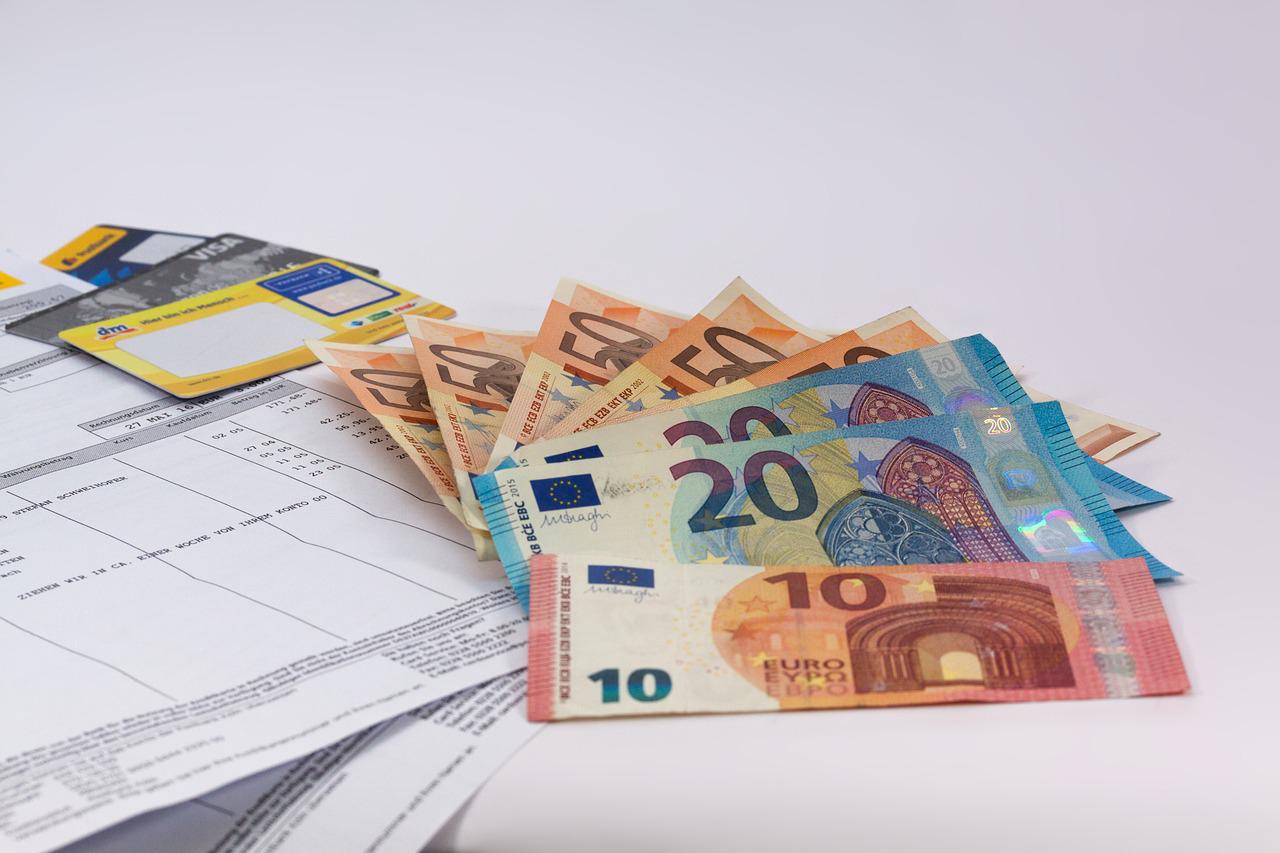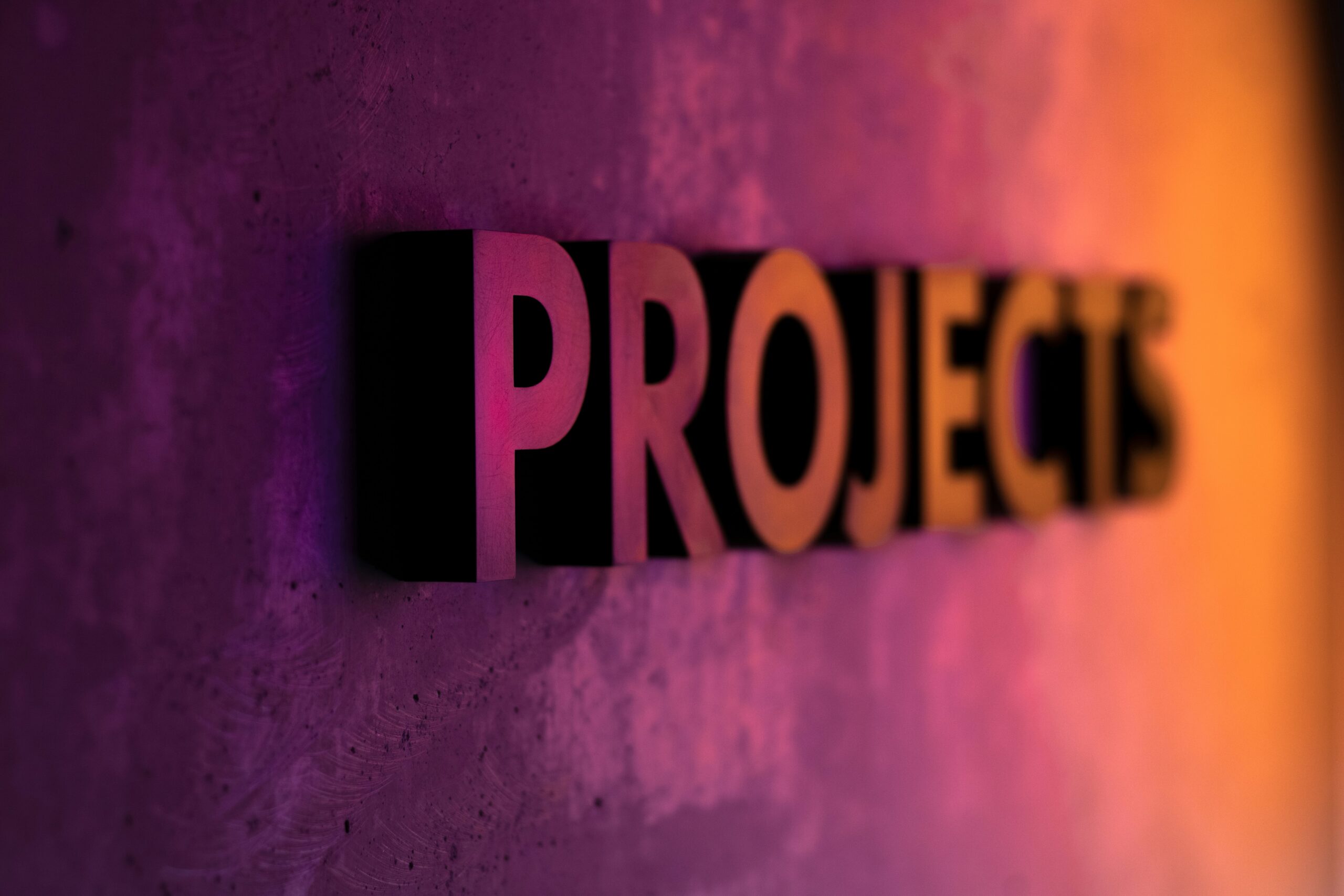How to Budget Your Money

Everybody wants to manage their funds and take control of their money. But they are either confused or have no idea as to how to start preparing budget. You can always start by making a simple budget of your monthly expenses and inflow. Budgets are very helpful in reducing debt burdens; put your money into savings accounts, and gives liberty to live life to the fullest extent. Budget doesn’t always means to spend less rather it is a process to put your funds in to more important things first before any other thing. If you are diligent and ready to give some effort and practice then no one can stop you to become the next millionaire and a super master of your money. It is interesting to notice that almost all the rich people around have mastered the art of budgeting. And hence their money works for them instead of they are working for the money. When you have total control over your money, you can set any goals and achieve them quickly.
Creating a Budget
- Creating a budget using spreadsheet:
Just open a spreadsheet using Google sheet of Microsoft excels. Write down all your expenses and income during the course of a year
Label the top row with the 12 months of the year.

- Find your Net Monthly Income
Next, find your net income, which is the monthly income after taxes. If you are a salaried person then your net monthly income will be fixed amount every month. This amount can be obtained from the salary slips. But if you are working on hourly basis then you have to do some math and calculate your average net monthly income from your income statement of last 3 to 4 months.
- List out your Outflow of Money
 Next, you have to list out all of your expenses. There are generally two types of expenses, Fixed Expenses and Variable Expenses.
Next, you have to list out all of your expenses. There are generally two types of expenses, Fixed Expenses and Variable Expenses.
a. Fixed Expenses:
This may include like house rent, any other rent, mortgage, utility bills, loan payments, EMI of car loan, etc. Now label all these expenses on the column in the spreadsheet. Then note down the amount you spend for each entries.
For example:
- Rent = $1500
- Electricity Bill = $150
- Car Loan EMI = $ 255
- Education Loan EMI =$500
b. Variable Expenses:
These are the expenses which are not fixed for every month. This is the easiest way to start cutting down on your spending, and this fund will become the savings part. Make a list of this entire variable in the spreadsheet, see the image at the below for a sample.
- Make a comparison of your expenses to your income. First sum up the total expenses (Fixed Expenses + Variable Expenses) and then subtract it from the monthly income.
The balance you are left with is called as the Disposal Income. If your disposal income is zero or negative then that means you are overspending. 
For example: $500 (Fixed Expenses) + $600 (Variable Expenses) = $1100 Total Expenses Per month
Net Monthly Income = $2000
Disposal Income = $2000-$1100 = $900
Proper usage of budget:
- Make payments for all your expenses first. Before trying to save money or putting your money towards a goal that you are aiming for, you must ensure to pay off all your bills on first priority.
You must allocate the maximum possible amount towards debt clearances. Also, keep in mind that you need to keep minimum funds towards maintaining your shelter and food. It is not wise to save money when you are burdened by debts. Try to allocate at least 50% of your monthly income towards expenses or necessities.
- Divert your excess fund towards a specific goal. Now that you have idea about how much money you are left with at the end of month, you can start allocating these extra funds towards your goals. Ensure that you are very clear about your goals. For example, you can split these extra funds to partly pay off your debts and other part you can save funds every month or you can make some investment. Always try to fix 20% of your disposal income towards savings.
- Try changing your habits if you are overspending (if your disposal income is zero or negative). Evaluate yourself and make necessary adjustment to your spending habits. For example by focusing on your variable expenses and trying to control this part first.

It is understandable that not everyone now is in a position to change their habit and cut down on their variable expenses. However, one can certainly adjust on certain few things, like controlling dining out; shopping for cloths and luxury items you are actually not in urgent need, cutting down on entertainment, etc. By transforming your habit can actually make a saving of around 30%.
- Try to set short term goals that you can achieve in one year. Now that you have clear figure of the total disposal income in your hand, you can now make some informed decisions and set important goals to stop overspending. For example;
- Keep 5% of monthly income into savings accounts.
- Paying off credit cards unpaid outstanding bills in 12 months.
- Prepare for a long term goal that you can achieve in a few years. Long term goals are budgeting goals that takes a longer duration to achieve, it can be 2 years or 3 years or more. But these goals should be specific and actionable. For example, Saving $8000 in an emergency savings fund; Paying off education loans in 3 to 5 years; Saving $10000 towards down payment for buying a house in future.
- Keep track of your spending with respect to your purchases. The best method to maintain your progress is through continuous monitoring of your daily expenses. When you are listing out the spending entries, be specific and mention clearly the type of spending it was. For example, “$22.35 on a new wrist watches for Mom’s Birthday.”
- Spend less on less expensive items. When you realize that you are actually overspending, then figure out the areas of high alerts, and try to make small but bold changes in your spending habit. For example, avoid buying branded products, get groceries from local nearby shops instead of opting for super malls, try making your own coffee than to by one, pack your own lunch thank to purchase your lunch from outside. Refrain taking subscription which you can do outside, like gym, physical newspaper, gets your book from a library than to buy a brand new book, etc. These small changes will create enough funds to manage your savings in a larger scale in future.

Sustaining your effort on Budgeting every month:
- Evaluate your budget every month. Remember, your income or expenses will not be the same every month, hence keep it updated regularly.
- Compare your each month’s budget with other month and review for your progress.
- In case, your monthly income increase like pay hike or you clear your debts, then this can impact your monthly budget as well.
- It’s better to use a tool like an mobile app. Although spreadsheets are great tool, but it can tough to maintain it regularly. In this situation, mobile apps come handy. You can make your daily entries at your finger tips. Apps like Mint, YNAB, Quicken, etc.
- Treat yourself regularly. Never overburden yourself. Make small treats for every success achieved.
- Pay off your debt every month. If you use Credit card or have any ongoing loan, it is better to pay off as early as possible within its time period to avoid high interest and penalty. If in case you are unable to make any payment for a month then try to speak to the customer support and discuss the matter from your side. Most likely that they will not charge interest and fines for that agreed reasonable time period.
- Always have an “Emergency Saving Fund.” This is not a regular savings fund rather it is for unforeseen issues that may arise in the future. Commit yourself that you are not withdrawing any money from this fund to accomplish your luxury expenditures. Because you may be tempted to use this fund to fulfill your luxurious desires, like making some down payment for a house or buying a new car from this fund. That way you are not going to safeguard yourself and your family from uncertainties. Everybody can imagine the situation that came recently, i.e, COVID-19. During the pandemic it is well known that huge number of people left jobless, many were hospitalized with no funds to pay off the medical expenses. Hence it is imperative to keep an “Emergency Savings Fund.” The thumb rule is to keep enough savings into this account to keep you and your family sustained for a period no less than 6 months. For example, if you spend $2000 every month then try to keep $1000 into Emergency Savings Fund.
Conclusion
Budgeting is one of the most valuable arts for a person to manage all his finances. This is a wonderful habit to have in your life. To recap our discussion, we have to keep these following three things in mind;
- Creating a perfect Budget
- Proper usage of your budget
- Sustaining your effort on Budgeting every month







One thought on “How to Budget Your Money”